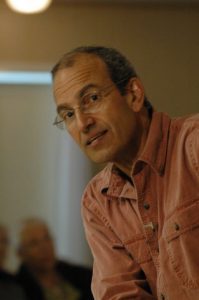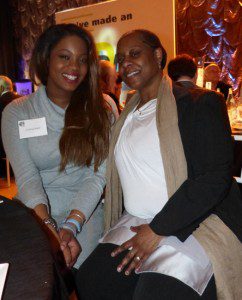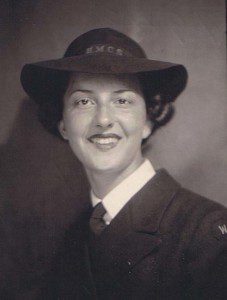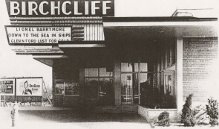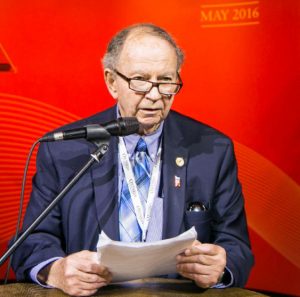
A few weeks ago, I read a story about the end of an era. A man who’d come from a family-run gourmet meat business and then had been elected to the Ontario Legislature in 1985, was stepping down. Monte Kwinter had served his constituents in the riding of York Centre for 32 years, but now he was retiring. The Toronto Star’s Robert Benzie asked the former solicitor general about his decision to leave.
“I am proud of what we accomplished during that time in my riding,” Kwinter told Benzie. But then the 86-year-old Member of Provincial Parliament added something I didn’t expect when he said:
“It’s time to turn over the reins to a new generation.” (more…)

